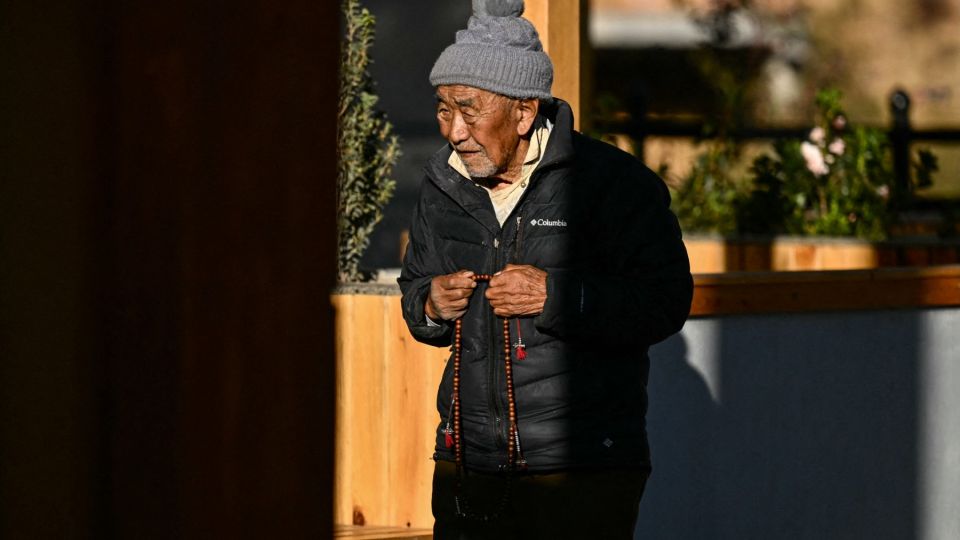June 26, 2025
THIMPHU – Prime Minister Tshering Tobgay acknowledged Bhutan’s rapidly aging population as a sign of progress while warning of potential challenges if current demographic trends continue at the National Assembly yesterday.
Lyonchhen was responding to the query raised by the Member of Parliament (MP) for Kengkhar-Weringla, Dorji Wangmo, who highlighted projections indicating Bhutan will become an aging society by 2027, with the elderly population nearly doubling by 2047.
She asked the government about its comprehensive and proactive steps in social protection, healthcare, infrastructure, and the National Policy for Senior Citizens, inquiring how it intended to manage the aging population so it would be a dignified transition for seniors rather than a crisis.
Lyonchhen acknowledged that the elderly population in Bhutan is increasing at a rapid pace and described this as a reflection of the country’s progress.
“In the past, elderly people did not face challenges because they were cared for by families, society, and the government,” he said. “But today, that tradition is weakening, and if we are not careful, it is at risk.”
Lyonchen attributed the rise in elderly numbers to Bhutan’s improving healthcare system and the vision of the Kings, factors that have led to a significant increase in life expectancy from a historically low average to 72 years today.
“Healthcare is free, treatments and even referrals are paid for by the government,” he added, sharing that in the past year alone, over 1,200 patients were sent to India for medical treatment at a cost of Nu 6.4 million.
However, the Lyonchhen pointed out that while life expectancy has risen, the overall population is not keeping pace.
He highlighted a concerning drop in fertility rates, from 5-6 children per family in the past to just 1.7 on average today. Lyonchen said that a fertility rate of at least 2.1 is needed to maintain the current population level.
Lyonchhen warned that a decline in young people would exacerbate the challenges of caring for an expanding elderly demographic, a situation further complicated by Bhutanese youth working abroad who often delay or forgo starting families.
Despite these emerging challenges, Lyonchhen said that His Majesty the King’s continuous and direct support ensures senior citizens are not left behind.
During the pandemic, His Majesty ensured that around 30,000 elderly people received necessary medicines. Currently, across all 20 districts, 725 senior citizens receive financial assistance, regular medical checkups, and even funeral rites, all facilitated by district kidu officers.
In addition, a center for the elderly in Wangsisina currently cares for 62 individuals, providing food, clothing, and other essentials. His Holiness the Je Khenpo also established an initiative in 2014, caring for 26 retired monks.
On the policy front, the government has introduced four key initiatives-the National Senior Citizens Policy, launched last year, which ensures priority access for the elderly in hospitals, banks, and on public transport, a policy for people with disabilities, a rural life insurance scheme; and a broader sustainable development plan.
“If we are not able to fulfill this, in the future when the population is made up mostly of elderly people, it will be difficult,” Lyonchen said, stressing the urgent need to increase fertility rates.
In a follow-up question, MP Dorji Wangmo inquired about government plans for developing old age homes, common in other countries.
Lyonchen clarified that while such facilities are typically privately run abroad, with families bearing the costs, the government currently has no plans to establish similar homes in Bhutan.
“If Bhutanese working in this field abroad return and wish to start such a business, the government is ready to discuss,” he said, leaving the door open for private sector involvement but confirming that no separate government policies for this are in place for now.


